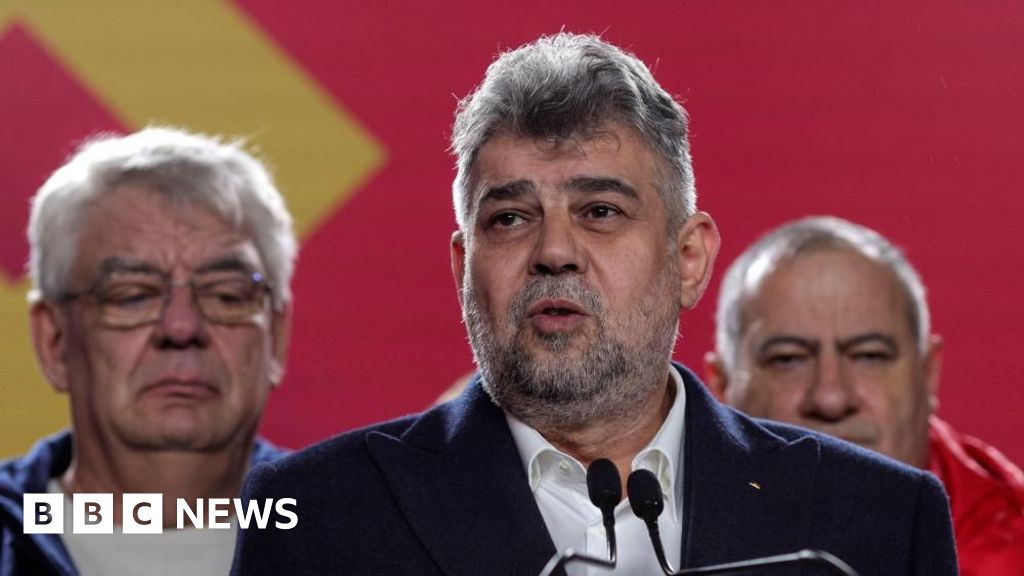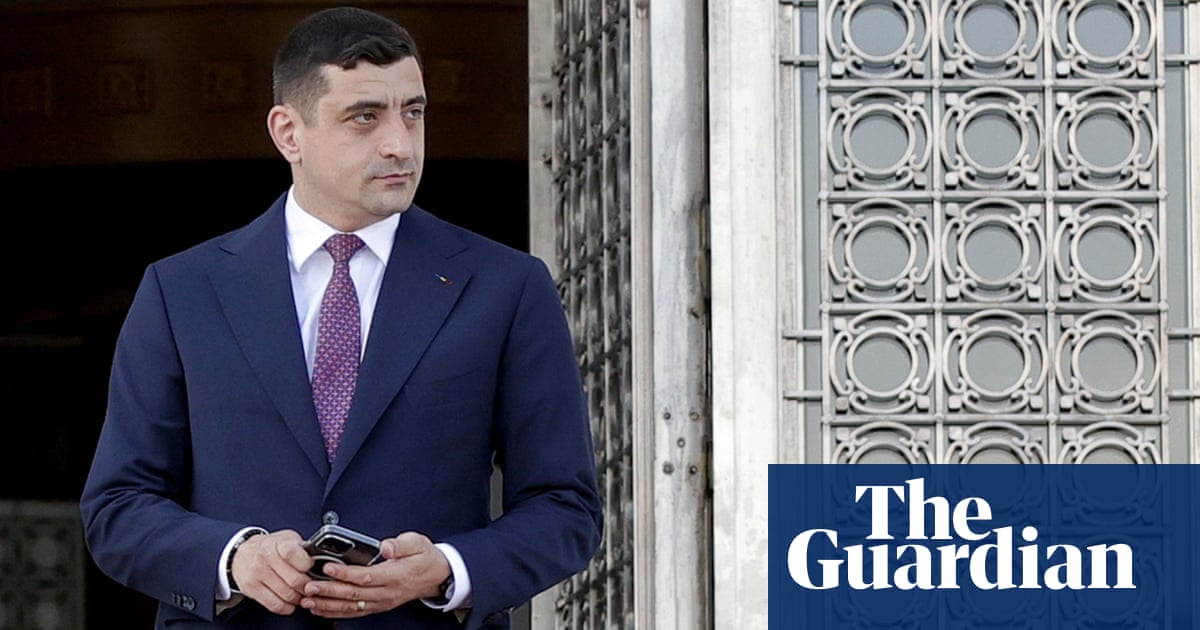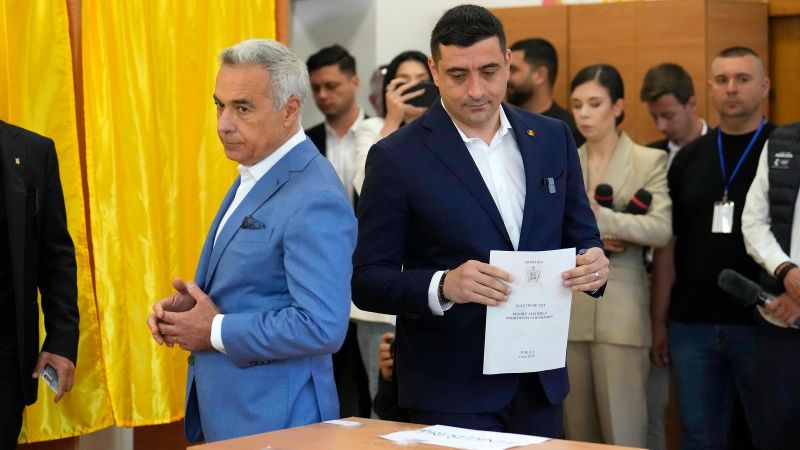Romanian Prime Minister Resigns After Nationalist Candidate's Election Win
Prime Minister Marcel Ciolacu resigns after presidential election rerun, marking a shift towards nationalism with George Simion leading the results.
Overview
George Simion, leader of the hard-right Alliance for the Unity of Romanians, secured 40.9% of the vote in Romania's presidential election rerun, facing off against Bucharest Mayor Nicusor Dan in a runoff on May 18. The election comes on the heels of Prime Minister Marcel Ciolacu's resignation following the coalition's joint candidate, Crin Antonescu, failing to advance. Ciolacu's resignation highlights the political turmoil in Romania, with the PSD party now withdrawing from the governing coalition, underscoring growing anti-establishment sentiment among voters and potential geopolitical implications in the EU.
Report issue

Read both sides in 5 minutes each day
Analysis
- Romanian Prime Minister Marcel Ciolacu announced his resignation following the first round of the presidential election rerun, indicating a significant shift in Romania's political landscape.
- The election results highlighted intense anti-establishment sentiments among the electorate, fueling concerns about the legitimacy of traditional parties and the potential isolation of Romania within the EU and NATO contexts.
- George Simion, who captured 40.9% of the vote, has positioned himself as part of a nationalist wave in Europe, with his party advocating for a restoration of Romanian sovereignty and critical views on EU policies.
Articles (16)
Center (6)
FAQ
Marcel Ciolacu resigned after his ruling coalition's joint presidential candidate, Crin Antonescu, failed to advance to the runoff, stating the coalition 'lacks any credibility' following the vote.
Simion's potential victory could shift Romania's foreign policy, as he has criticized EU bureaucrats and expressed admiration for Donald Trump, raising concerns about alignment with Western alliances.
The constitutional court annulled the previous election due to allegations of Russian interference and electoral violations, following a TikTok campaign favoring far-right candidate Calin Georgescu.
Nicusor Dan, a pro-Western reformist and Bucharest mayor, advocates for EU alignment, while Simion's nationalist platform emphasizes anti-establishment rhetoric and skepticism toward Brussels.
An interim prime minister will be appointed from the current Cabinet by interim President Ilie Bolojan, with the presidential runoff scheduled for May 18.
History
- 6M

 4 articles
4 articles








